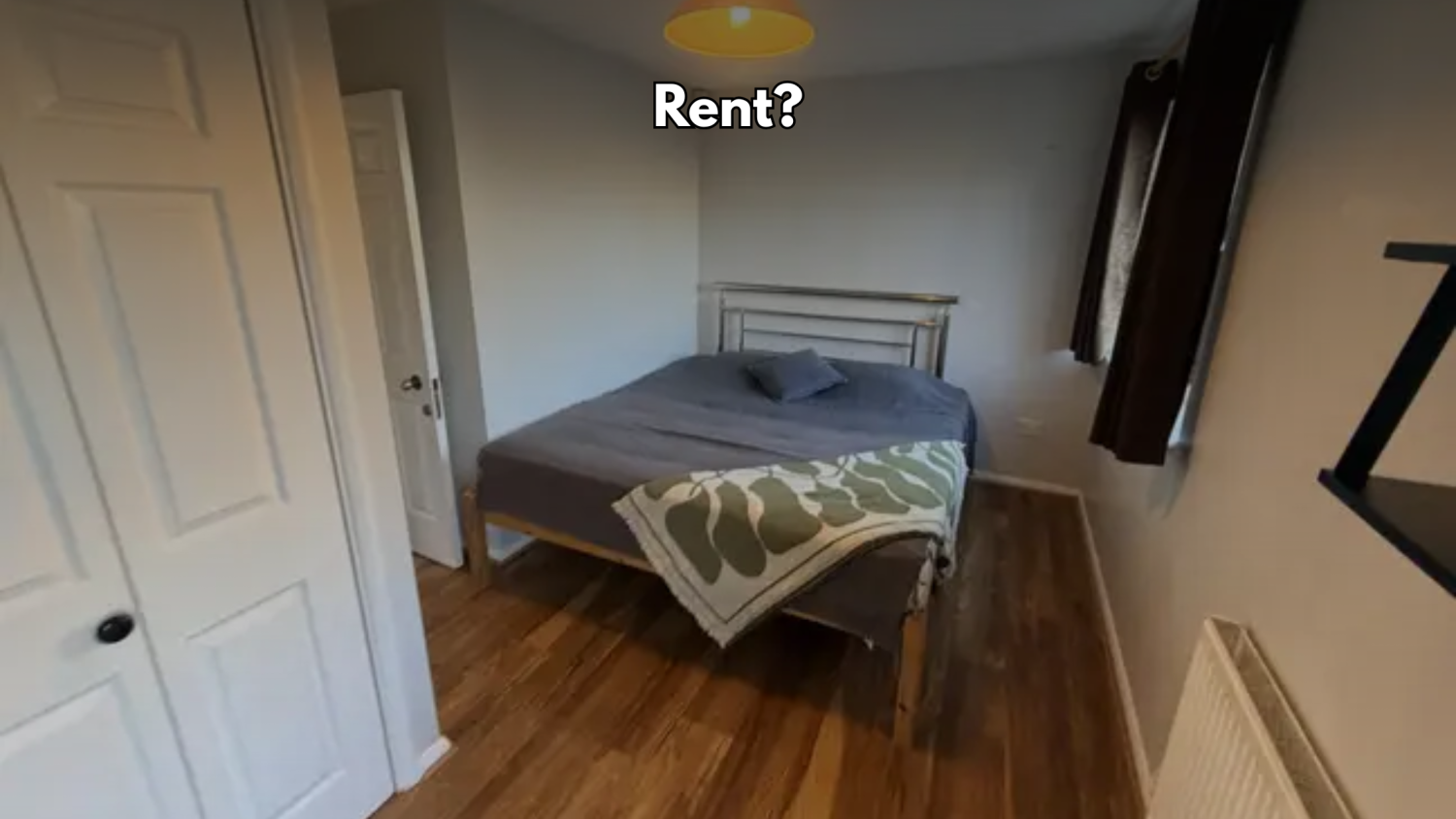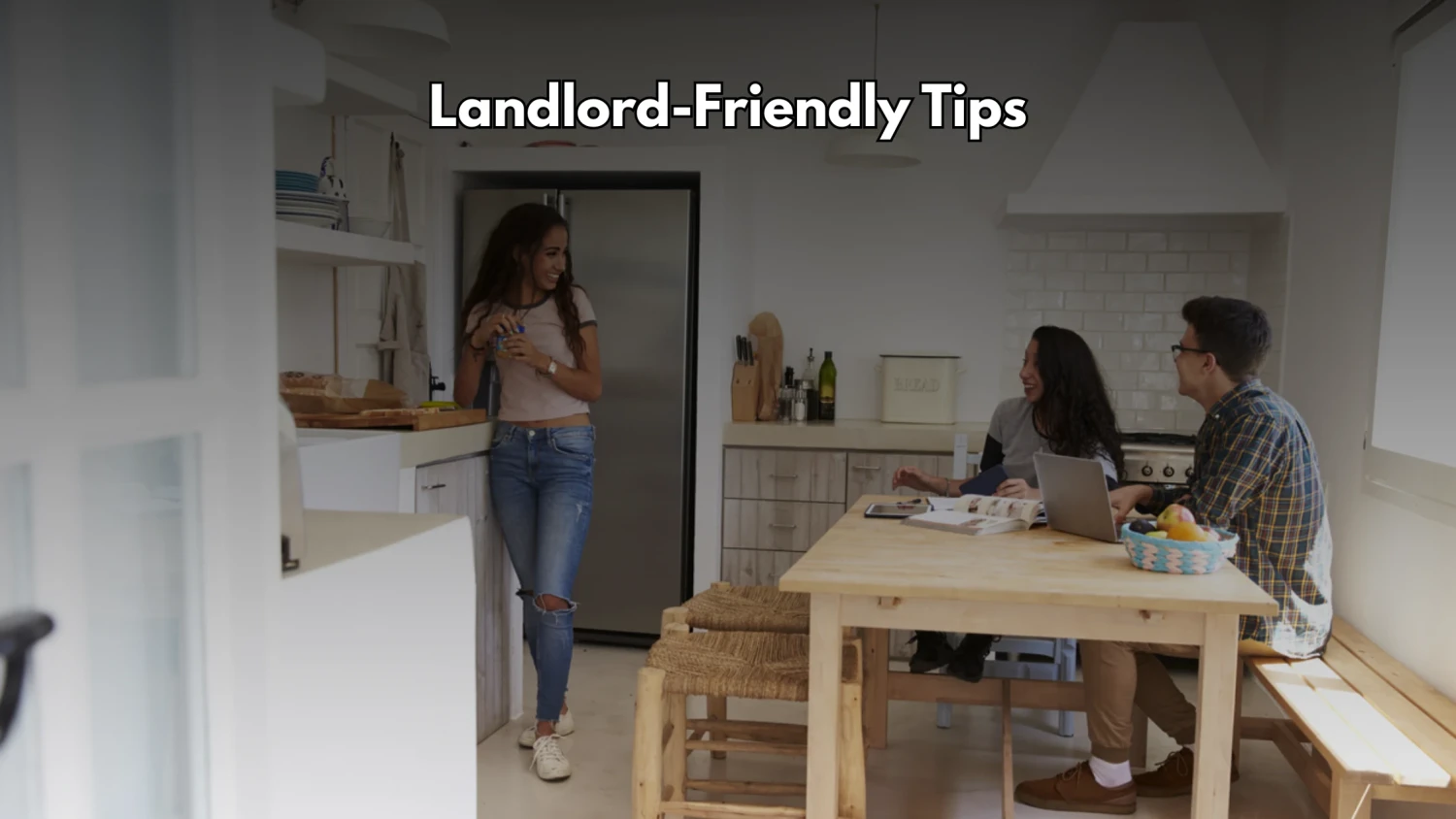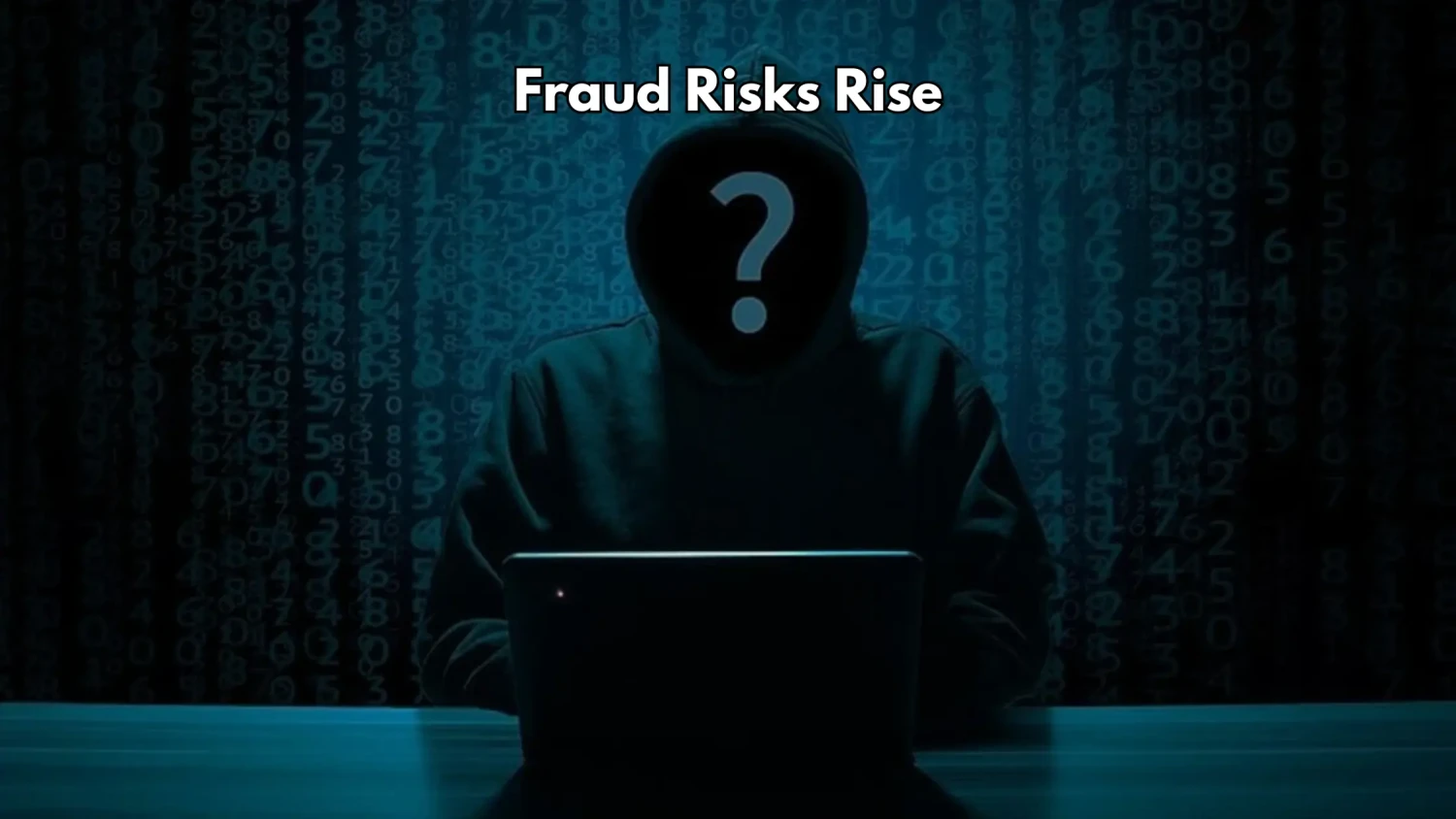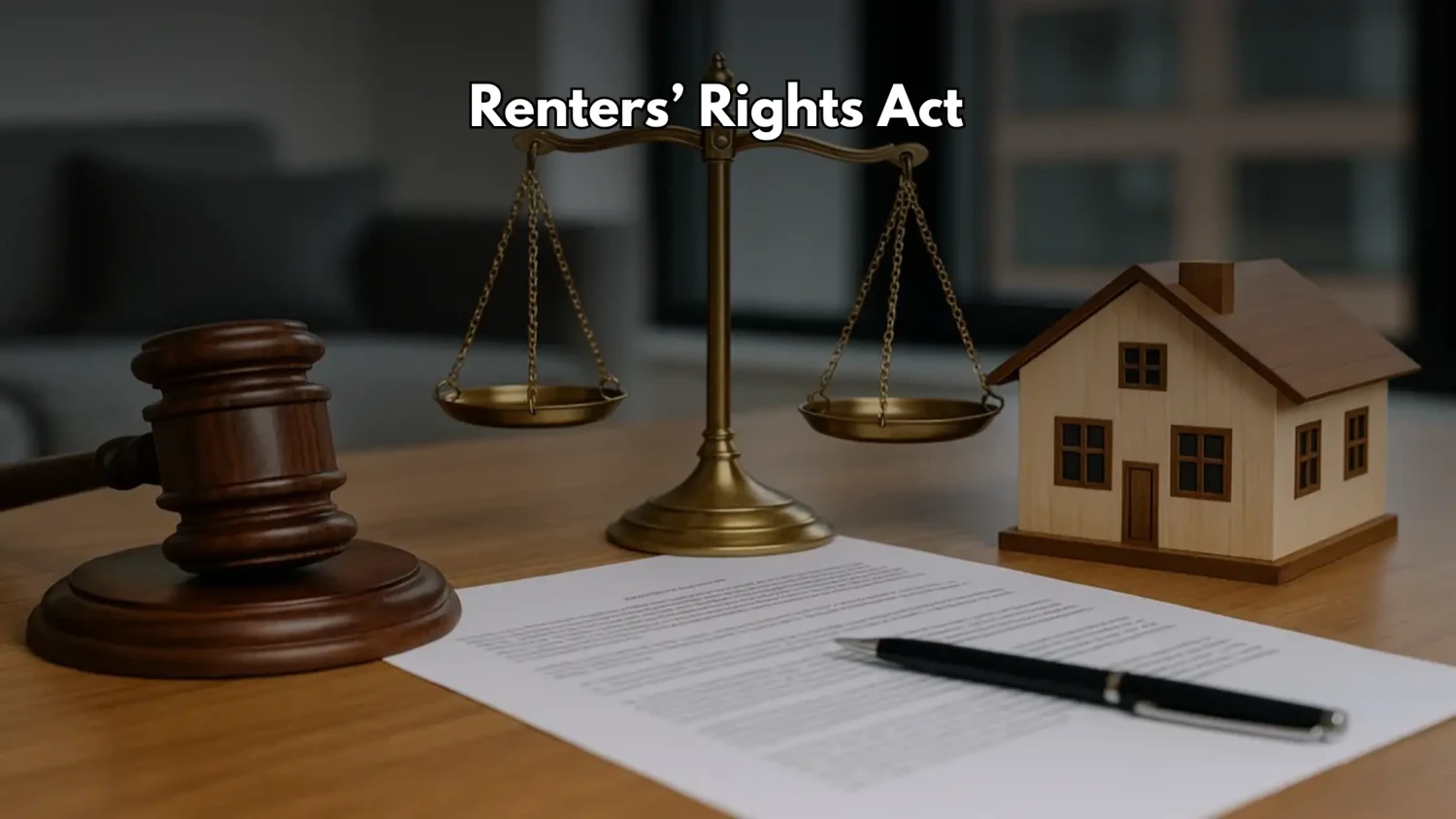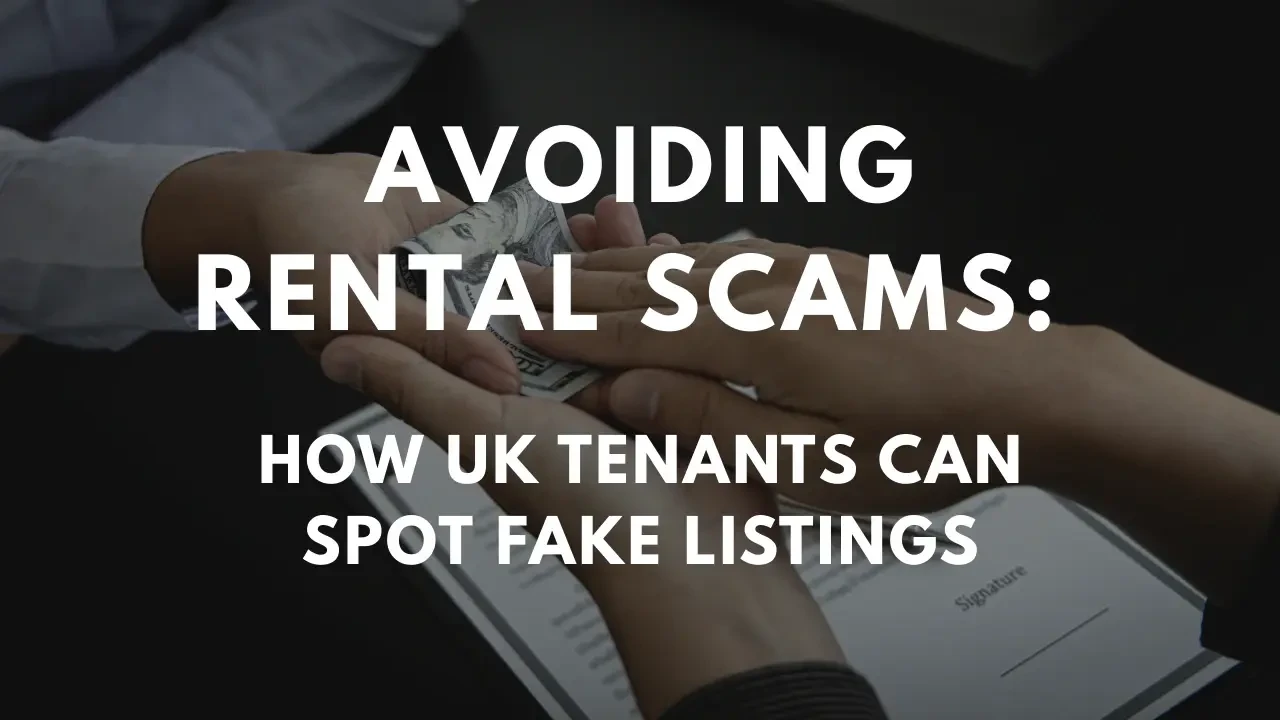
For tenants and landlords the rental market can be challenging. Online listings are made easier and the scams improve, progress and become more crafty. In a 2021 report by BBC around 4,800 rental scams were reported in the UK, which represented an enormous £7 million in losses. Based on a study by CIPFA, 71% of reported fraud in the UK was property-associated. These statistics provide a warning for both parties.
Via a range of sources, this guide explains some of the common scams and a few practical tips for both parties to be on guard and when renting or letting a property.
For Tenants: How to Identify a Scam & Get your Dream Rental
As a tenant, the dream of living in the perfect, affordable rental can be enticing, but it is important to look for red flags. To protect themselves, tenants should keep the following in mind
Common Rental Scams to be Aware of
- The "Too Good to be True" Price: Scammers will advertise a rental property for much less than the market rate price to attract several applicants within a short time frame. Do your research into what rental prices are for average homes in the neighbourhood. There is an old saying "if it sounds too good to be true, it probably is."
- Unclear or Copied Listings: Watch out for listings that are poorly written, have spelling errors or use too much punctuation. Scammers can also use images and descriptions from real listings.Running a reverse image search can save you a lot of time.
- A "No-Show" Viewing: A huge red flag is when a landlord or agent makes excuses as to why you cannot view the property. They might say they are out of the country, or you need to make a payment to "unlock" the keys. Never pay to view a rental. A legitimate landlord will always offer you a proper tour of the home.
- Strange Payment Requests: A legitimate landlord won't ever ask you to wire money, or use a service like Western Union or gift cards. These payment options are hard to trace and impossible to recover.
- Only transfer money when you have a lease agreement you can sign and make sure the property is legitimate and the landlord is verified.
- No Lease Agreement: A verbal or email-only deal is a huge red flag. Always insist on a formal lease you can read and save for yourself, it's your legal coverage.
What to Do If You Have Been Scammed
- If you think you might have fallen victim to a rental scam, it's important to act quickly.
- Report the scam to either the police and Action Fraud.
- Report the listing website with the fraudulent ad so they can take the fraudulent ad down.
- If the scammer used a genuine letting agency name, you can contact that letting agency directly to report them.
Landlords: Protecting Your Property and Income
No one is immune to scams including landlords. Fraudulent tenants or our "property listing scams", can lead to a bigger loss of income than landlords would expect. This is how to protect your investment.
Common Rental Scams Landlords Should Watch Out For
- Intentional Rent Default: Some scammers will apply to rent properties with no intention of ever paying rent. They will simply live there till the eviction process forces them out, which can take time and be expensive for you.
- Fake Financial Information: Tenants may fabricate pay stubs or other financial documents to make themselves appear more financially armed than they may be. This is a very common scam so being able to verify documents and references is important.
- Illegal Subletting: A tenant could sign a lease and illegally sublet the residence to a third party for a profit - this often leads to you housing a stranger and being out a rent payment.
- Money Wiring Scam: A scammer could send you a fraudulent check for the rent or more than what the rent is and ask that you wire back the difference - the initial check will eventually bounce and you will be out the payment you wired back.
How To Protect Your Property
- Do Comprehensive Tenant Screening: This is your best defense. A comprehensive screening process should include, but not limited to, credit checks, verifying employment, and landlord references.
- Meet the Tenant In-person: Always meet prospective tenants in person. This gives you a better sense of who they are and, whether who they say they are is truly reflected in their identity documents.
- Use a Lease Agreement: A lease agreement has legal ramifications, but do ensure to include a no subletting clause.
- Verify Financial Documents: Do not simply take documents at face value. Verify information with the tenant's employer and past landlords. Some services use advanced technology to detect fraudulent documents and verification of identities by analyzing metadata and fonts.
Partner with Trusted Resources
Whether you are a tenant or landlord, when renting a place, there is a reliance on trustworthy and reputable platforms. For tenants, using a trustworthy platform like Cribo is more reputable than a free listing website. When vetting potential tenants, landlords might consider professional tenant screening service. If you are a UCL student, UCL will offer you FREE services such as the UCL Rent Guarantor Scheme, UCL also offers access to legal advice via the University of London Housing Services that may help deal with scams and rogue landlords.
As with anything, the best defence is knowledge and caution; tenants and landlords can avoid becoming victims with an understanding of the warning signals. Both landlords and tenants can have a safe and secure rental experience by identifying the signals and acting proactively.
